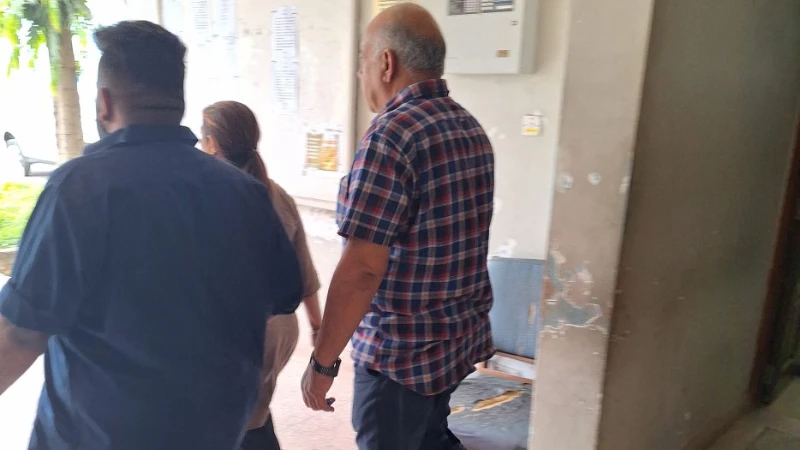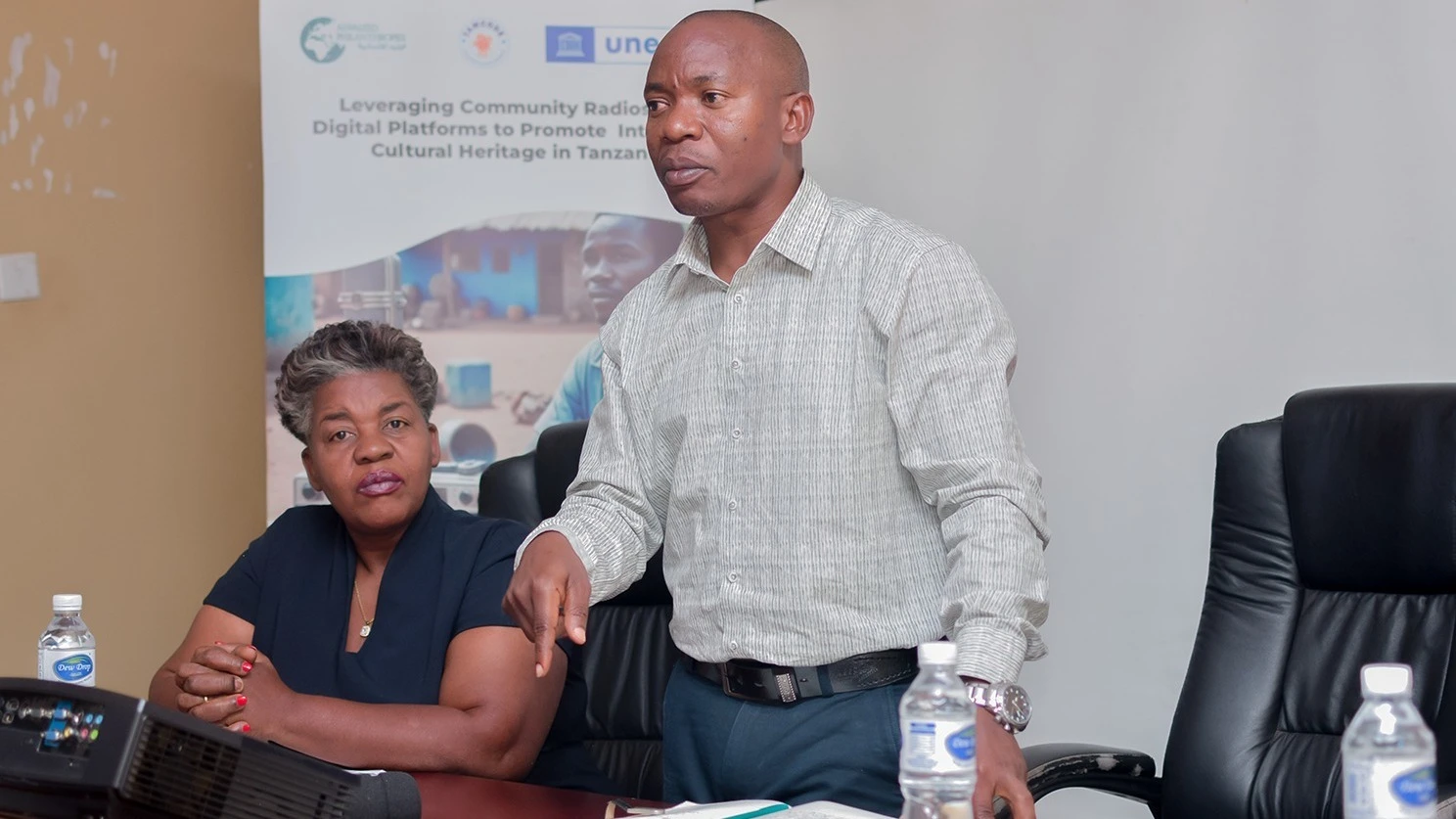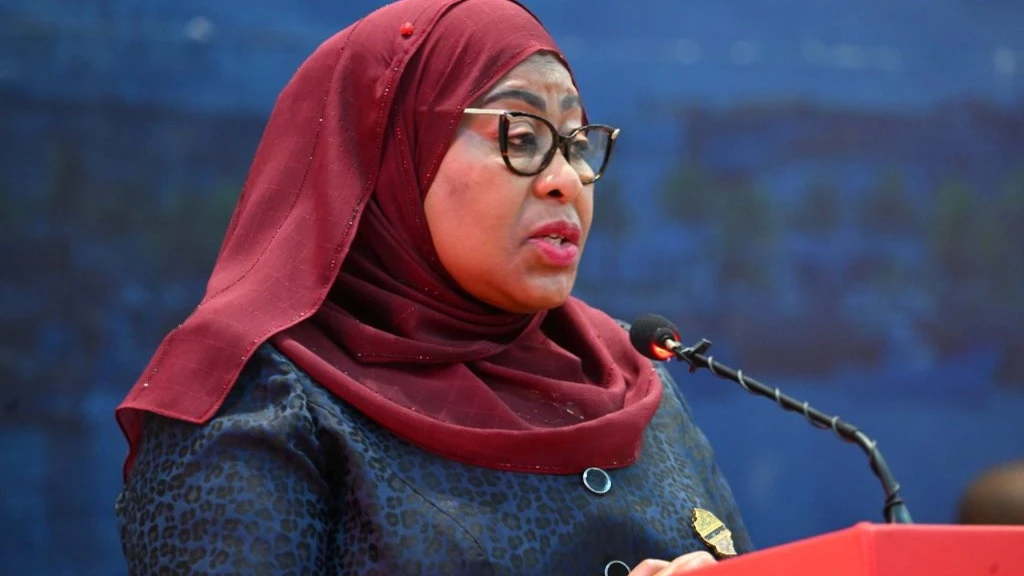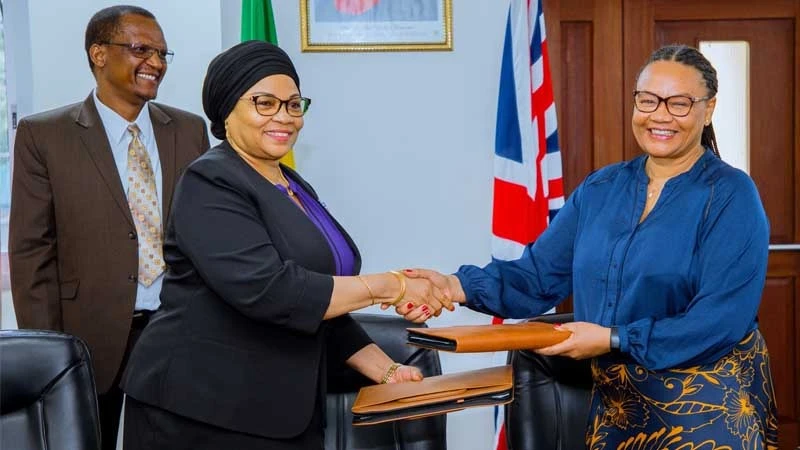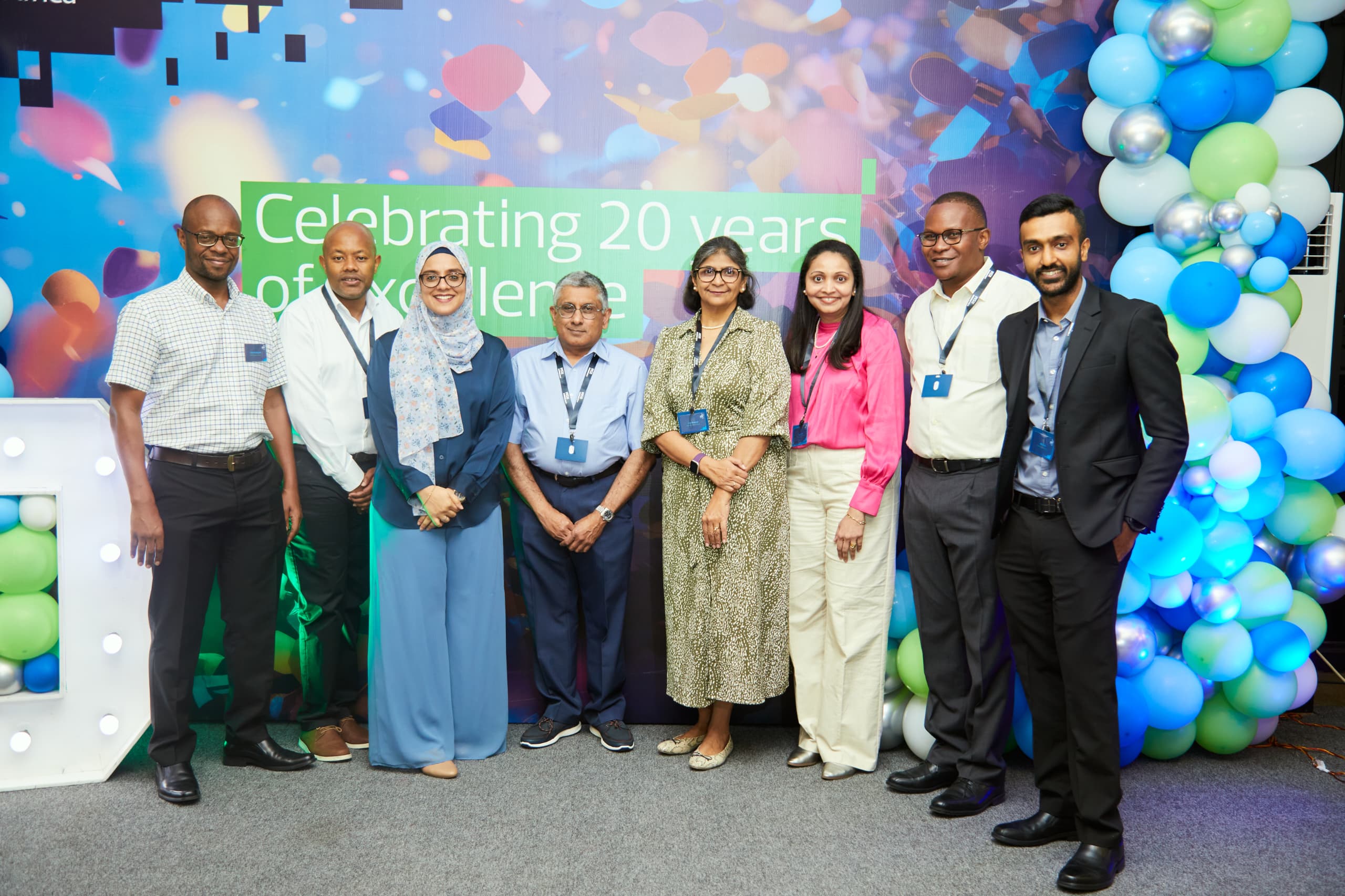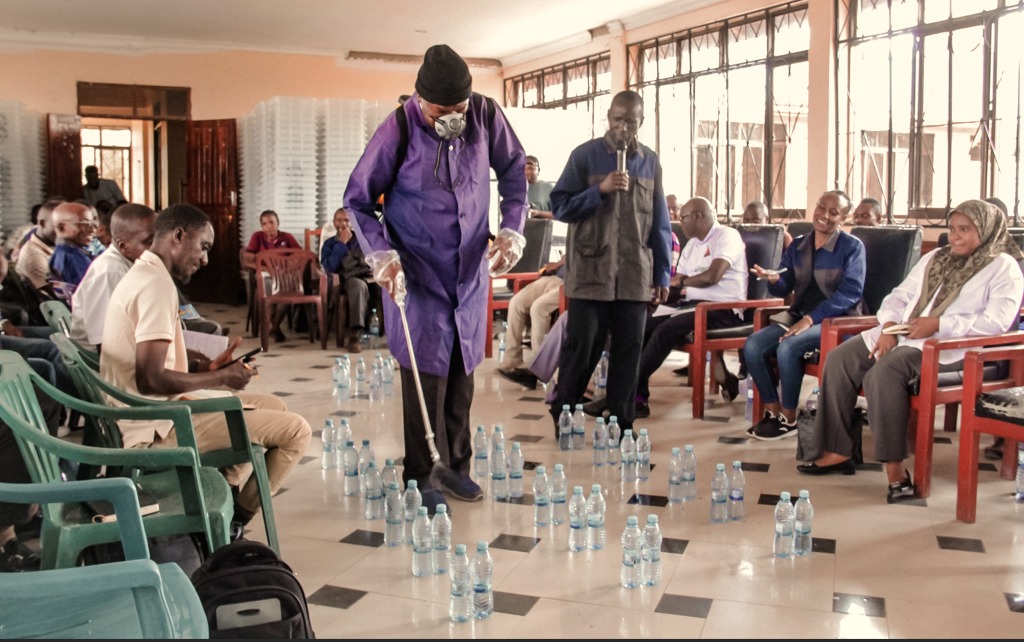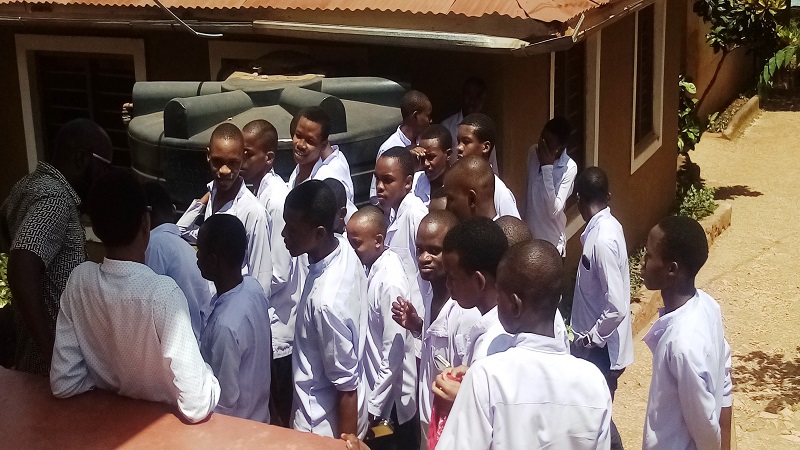TASAF launched programme to reduce stunting
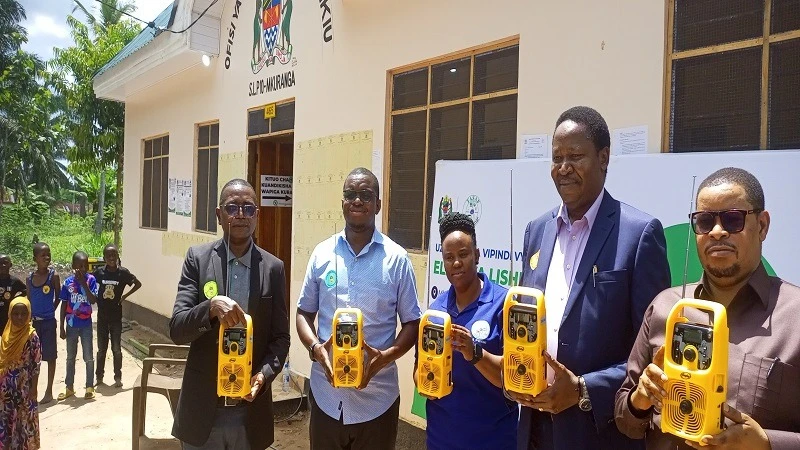
THE Tanzania Social Action Fund (TASAF) has launched the ‘Enhancing Livelihood’ programme, popularly known as ‘Stawisha Maisha,’ aimed at reducing stunting among children aged zero to five through awareness on proper nutrition and balanced diets.
Shedrack Mziray, TASAF Executive Director, announced that the programme, which began in August, initially targets regions with the highest malnutrition rates: Ruvuma, Rukwa, and Geita.
Mziray said that so far, 1,858 groups of TASAF beneficiaries have been established across 18 Project Area Authorities (PAAs), including Mkuranga District, where there are 26,882 TASAF beneficiaries.
According to the Tanzania National Nutrition Survey 2018 by the National Bureau of Statistics (NBS) and the Office of the Chief Government Statistician (OCGS) Zanzibar, one in three children is affected by stunting due to malnutrition.
"Children’s dreams are at risk due to malnutrition threats. Its effects include mental disorders, fatalities, and severe adult diseases, which perpetuate poverty," he said.
The Enhancing Livelihood programme also includes a six-month radio sensitization campaign to promote better nutrition habits in TASAF-supported households. Solar-powered radios will be distributed to enable beneficiaries to access these nutrition programmes.
The programme’s pilot, conducted between 2018 and 2019 in rural Mbeya and Northern 'B' Unguja districts, benefited 11,255 individuals in 127 PAAs. The pilot aimed to improve nutrition awareness for pregnant and lactating mothers, infants, and young children through community workshops.
Implemented with funding and expertise from UNICEF, Lawrence Oundo, UNICEF Deputy Representative for Operations, noted that the programme is a critical step in addressing child malnutrition and stunting.
Despite reducing the stunting rate from 42 percent in 2010 to 30 percent in 2022, one in every three children under five still suffers from stunting. The highest stunting rates are seen in the poorest households, highlighting the connection between poverty and malnutrition.
“The launch of this six-month livelihood programme is pivotal as the national dialogue on poverty reduction and health equity gains momentum,” Oundo said.
He said the goal is to align with Tanzania’s 2050 National Development Vision, ensuring no child is left behind as the country pursues inclusive development.
By integrating this programme into the Productive Social Safety Net (PSSN II), a comprehensive "cash plus" initiative is created.
Safina Msemo, TASAF Coordinator for Mkuranga District, said that between July 2023 and September 2024, 167,680 children were assessed for nutritional status. Among them, 55.3 percent were in good health, an improvement of 2.3 percent since 2022. The proportion of underweight children dropped to 10 percent, down from 13.3 percent in 2022. Further reductions were seen in thinness (4.6 percent from 4.9), anemia (20.3 percent from 23), stunting (9.8 percent from 10.9), and severe malnutrition (1.4 percent from 2.6).
"In October 2023, a survey assessing 1,092 adolescents during National Nutrition Day celebrations found that 26.5 percent were thin, 46 percent anemic, and 7.9 percent overweight," said Msemo. "19.2 percent were in good nutritional health."
Hulda Peter, Mkiu Village Executive Officer, said the pilot programme for children, pregnant women, and adolescent girls promotes good nutrition through community-monitored radio programmes.
In terms of economic support, by August 2024, the programme had reached 126 households in Mkiu Village, disbursing a total of 93.45m/- in grants, which have helped beneficiaries meet essential needs, such as education, health, housing, and initiating income-generating activities. Additionally, five investment groups with 87 members were formed by October.
The village also began a project to plant 2,135 trees, valued at 28.57m/-.
Mkuranga District Executive Director, Waziri Kombo, reported that from September 2020 to August 2024, the district received 4.21bn/- in subsidies for beneficiaries. A total of 309 savings and investment groups were formed, with 205 groups employed by the Bank of Tanzania and savings totaling 71.37m/-.
The district has also established 122 public work projects across 125 villages, including tree planting, road repairs, pedestrian crossings, an irrigation dam, and a deep well. The projects are valued at 170.73 mn/-, and wages for public works amount to 640.08m/-. Initial funding of 163.65m/- has been received to start these projects in November 2024.
Juma Hatib, a resident of Mshiu village, expressed his gratitude to TASAF for empowering poor families. He noted that as a programme beneficiary, he has been able to support his family and start a small animal husbandry business.
Top Headlines
© 2024 IPPMEDIA.COM. ALL RIGHTS RESERVED









